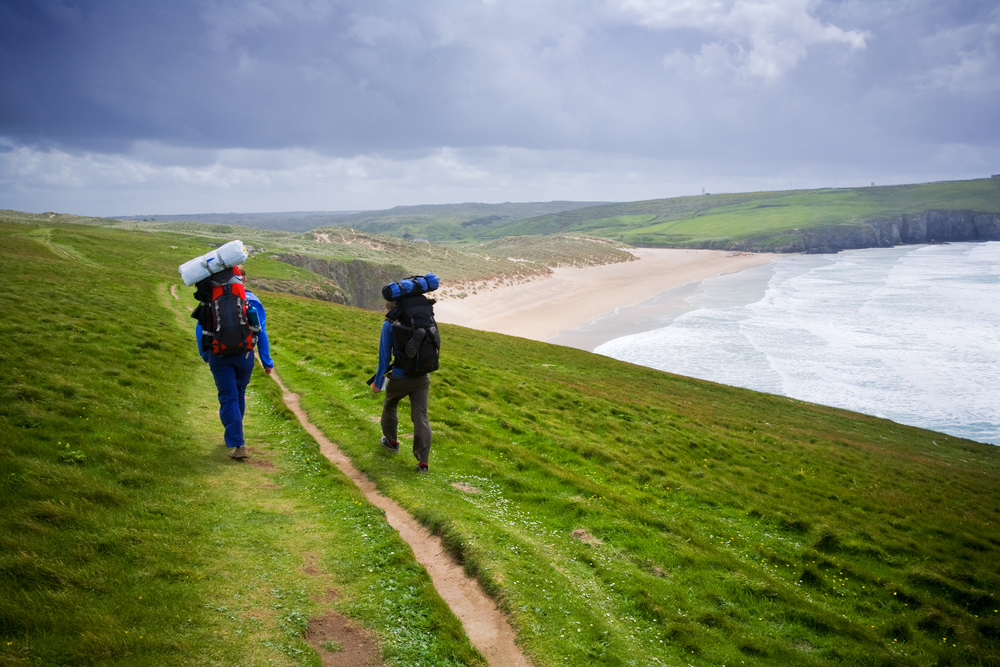Walking is said to be the most well-known outdoor spare-time activity in the United Kingdom. The country has an excellent network of public footpaths which can be found in areas of rolling countryside as well as in mountainous regions. In the United Kingdom, “walking” is a common word for what in some countries is known as “hiking”. In the UK, “walking” is to some extent regarded as a traditional word, suggesting a feeling of exercise and heartiness. Walking in the rural areas is called roaming, while walking in high areas is called hillwalking. Fellwalking is mostly used to denote mountain or hill walks in the Lake District and Yorkshire Dales in Northern England, as “fell” is the ideal word for both features in those parts of England.
In recent years, the health benefits of walking have gained wider encouragement and recognition in the United Kingdom. In 1995, Dr. William Bird, a doctor of medicine from Sonning Common, Oxfordshire, began the idea of health walks for his patients – normal, fast walks attempted with the intention of recovering an individual’s health. This programme contributed to the establishment of the Walking the Way to Health Initiative (WHI) by the British Heart Foundation and Natural England. WHI teaches volunteers in community places such as GP and libraries surgeries how to guide the free health walks being promoted. The programme has trained more than 35,000 volunteers, and there are now more than 500 walking for health groups across the United Kingdom, with thousands of individuals walking each and every week.










